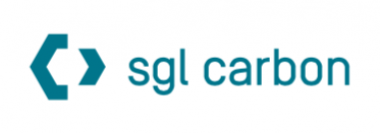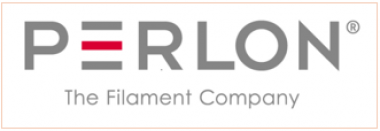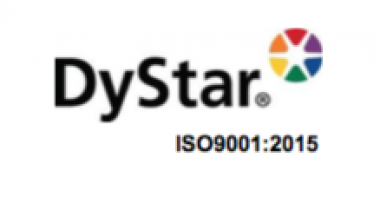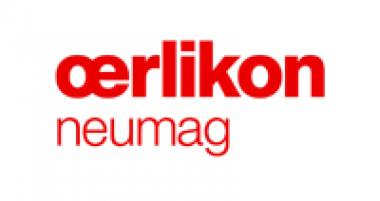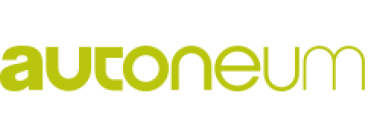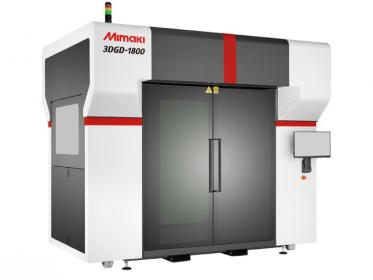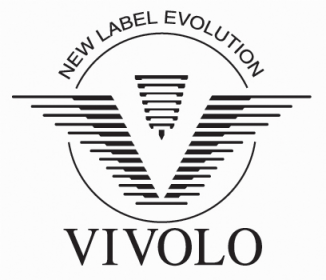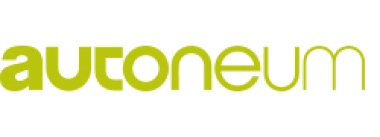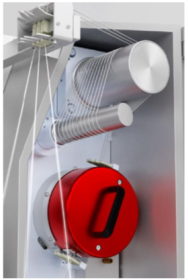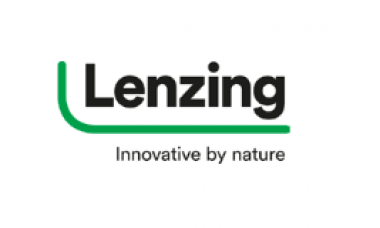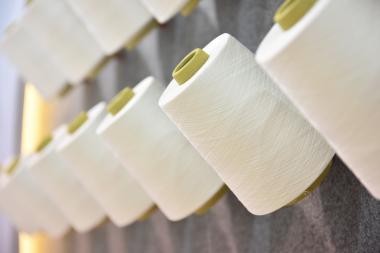SGL Carbon SE suspends guidance for the current fiscal year
The previously communicated targets for 2020 are unlikely to be achieved due to the COVID-19 pandemic
The Board of Management of SGL Carbon SE determined today, that the forecasted results for the fiscal year 2020 are unlikely to be achieved due to the global COVID-19 pandemic. In light of the substantial uncertainty regarding the duration and the consequences of the COVID-19 pandemic, the Board of Management is currently unable to provide a reliable sales revenue and earnings forecast for the current year. Consequently, the guidance for 2020 is suspended.
The previous expectation, which guided for a slightly lower sales revenue und a recurring EBIT1 approximately 10-15% below the prior year (sales revenue 2019: €1,087m; recurring EBIT 2019: €48m), was already made conditional by the Board of Management in the management report published on March 12, 2020, that negative effects from the coronavirus were not included, as the outbreak at that time was mainly restricted to China and Italy. In the meantime, numerous other governments have introduced far-reaching measures with substantial limitations on the public and economic sectors and leading economists now forecast significant reductions in economic output in key economies.
The Board of Management of SGL Carbon has introduced and partially already implemented comprehensive measures to reduce the cost base and to secure liquidity. These measures include the introduction of short-time work, reduction of material and indirect spend, as well as further reduction resp. postponement of capital expenditures. In addition, we are exploring further financing options independent of the capital markets, some of which are already in preparation. The Company is intensively working on identifying and mitigating potential risks.
SGL Carbon


